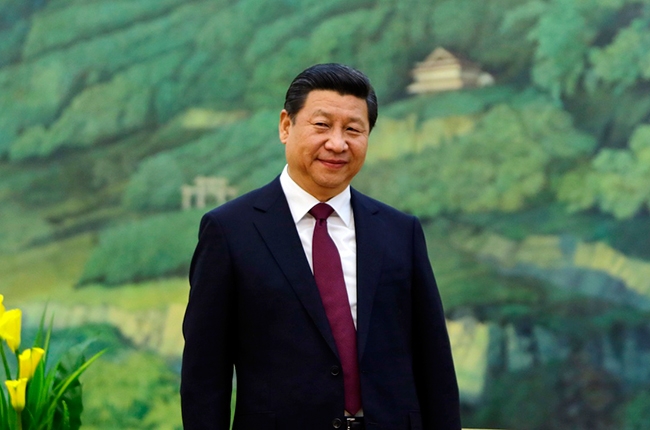As of today — Monday, August 3, 2015 — there is still music piracy in China. This shouldn’t come as much of a surprise, even though the country’s National Copyright Administration gave streaming media providers until last Friday, July 31, to remove all unlicensed content from their sites.
Well, that deadline has passed, and sites like VeryCD, which allows illegal downloads, and the popular QQ for streaming, are still up and running and still serving up artists like The Beatles. (Of course, you can find “Let It Be” on YouTube, too.)
That deadline — a small part of a much wider anti-piracy campaign from the government called “Sword Net 2015” — was more for show than anything else, with one source telling Billboard we can expect substantive change within the next six months to a year. Indeed, there’s an uphill battle for anyone interested in profiting from a Chinese love of music.
The country generated a relatively — considering the 627 million people who have web access — slim $105.2 million in revenues for its (mostly digital) recorded music market in 2014, according to the IFPI. That low figure is partially due to the strength of the piracy black market as well as the infancy of its international copyright law, a project first undertaken in the ’90s.
The tide of legitimacy is rising. Just last month, internet giant Alibaba announcedthe formation of a Music Group division, and other companies have been snapping up licensing deals, like the one Warner Music Group signed with Tencent late last year. As well, Universal Music Group affirmed its interest in the company last week in a statement bundled alongside word that CEO Lucian Grainge will be sticking around at least through the beginning of the upcoming decade.
Also, last Friday’s deadline is not the first time that sweeping proclamations on music piracy in the country have been put forward. Back in 2013 one of the country’s biggest music stars, Gao Xiaosong (who will be running Alibaba’s new division), said that the practice would be kaput within three months.


